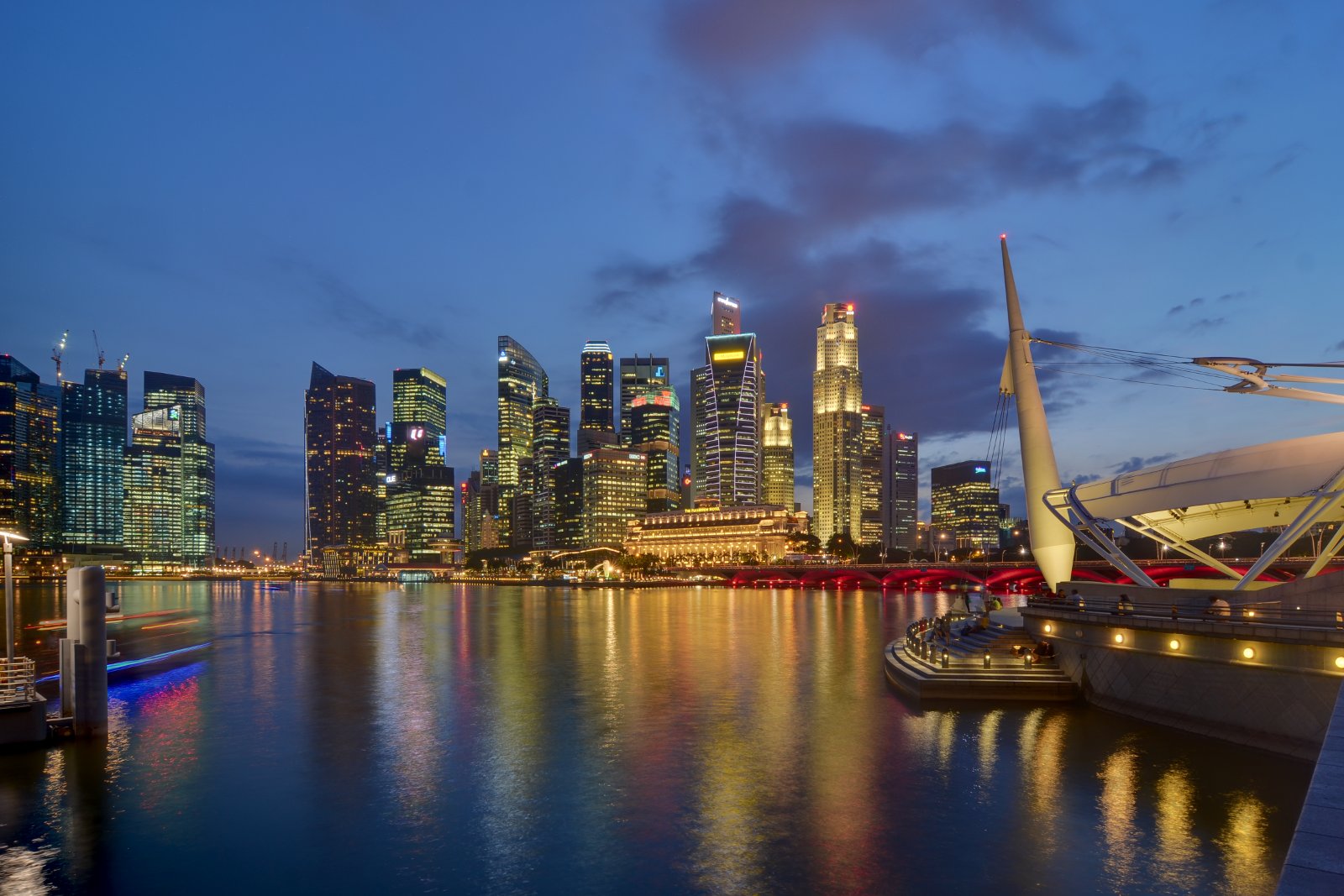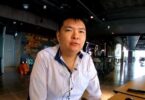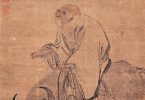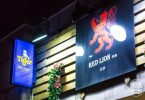When Singapore was dislodged by the Federation of Malaya in 1965, it was one of the most grave moments on the history of the small city – if the “small red dot” beset with poverty and backwardness could be called a city. Without hinterland and common market, the newly independent country was confronted with both natural scarcity and social problems of ethnic tension, education, unemployment, housing, etc. Half of the population were illiterate and 70% were cramming in slums. However, just two decades later, 80% of Singaporeans have risen from lower income status to middle class members. The transformation is striking. A major FDI outflow financier, one of the world’s least corrupted economy, United States’ 13th largest export market, Singapore continues to awe international society by its economic miracle. One may ask the question, how, a small port city could turn itself into a global hub with enormous economic clout?
The answer might lie in a person, Lee Kwan Yew, the founding father of Singapore. Under him, Singapore government set up to attract foreign investment on export-oriented industries. Tax system was designed simple and investor-friendly. The cap of corporate tax rate on taxable income is 17% and no tax would be levied on capital gains and dividend income. But alluring tax regime is not enough. Foreign investors would not put up money unless they see a vista of level-playing field within regulatory framework. Monetary Authority of Singapore (MAS) was established as the state’s financial regulatory authority monitoring pecuniary affairs in 1971. Starting a business only takes three days and registration procedures are straightforward. Rule of law is strict and effective with harsh penalties over cheating or contract reneging. Although it remains contentious whether small infractions such as chewing gum and graffiti should be arrested and flogged, the draconian laws ensure Singapore’s low corruption and high credibility. By 1970s, millions of foreign investment were injected into local economy witnessing significant growth of industrialization.
As the economy boomed, more talents are needed. The heavy investment of Lee in 1960s on education starts to pay off. Local pool of high-quality working labor has contributed to Singapore’s reputation as one of the most effective and productive city in the world. But the government saw beyond that. By setting up various immigration schemes for qualifies entrepreneurs and working professionals, the city is able to attract a panoply of talents supporting its economic growth.
Lee Kwan Yew’s wisdom is more than that. He carefully struck a balance in diplomatic stage. While befriending the United States and bulwark against communism in the post WWII period, Singapore never attempts to become the American ally. It has sought to cooperate in broader terms with US for access to its markets, technology, expertise and investment rather than just military protection. Another index of Lee’s diplomatic dexterity is his close relationship with China. He has paid special attention to China’s economic reform and offered precious advice on China’s reform trajectory. Not only did he share Singapore’s experience and best practices, he also facilitated joint projects between Singapore and China’s big cities on high tech and ecology. The pragmatic approach, so different from ideological accusations from the west, makes him even viewed by some as an anti-western apologist for China. In fact, his light on China as a future giant power has been shed even when Deng struggled to justify the legitimacy of drastic economic reform in China in late 1970s. As early as 1979, he launched “speak mandarin campaign” preparing Singaporeans engaging in business with Chinese in the near future. While being able to maintain close relations with China, Lee Kwan Yew has forged strong ties with Taiwan as well. Singapore is among one of the two countries that signed free-trade agreements with Taiwan and also have diplomatic ties with China. Lee Kwan Yew even acted as an intermediary for China and Taiwan’s thaw. The first direct talk between China and Taiwan since 1949 was hosted by Singapore in 1993. Nimble between giants, Lee has made his country one of the most welcoming around the world with green light on its passport to 169 countries.
It is no doubt that Lee has bequeathed to Singapore prosperity and order, but whether his legacy could be carried on would be a question. Only time could tell.







